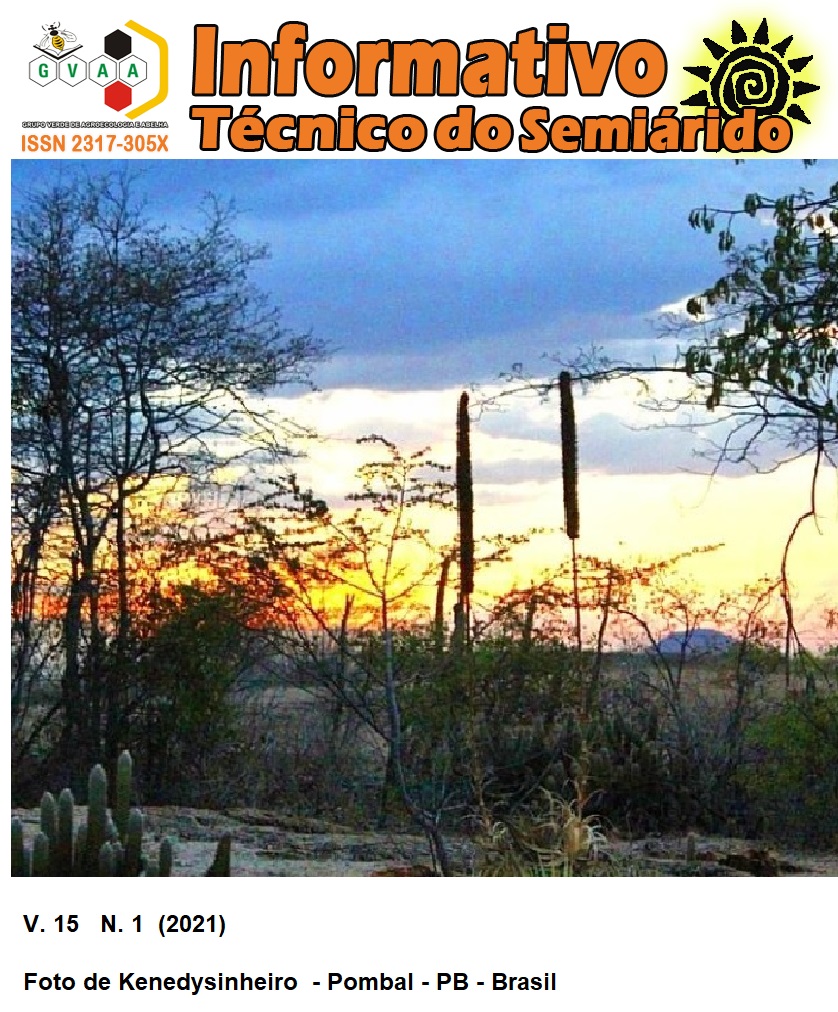Análise de políticas ambientais através da matriz de indicadores de Educação Ambiental em Universidades Federais
Resumo
Em um cenário de escassez de recursos, a Educação Ambiental se lança como um relevante instrumento para proteção do meio ambiente. A construção de medidas sustentáveis, que resulta em uma política interna de educação ambiental e destinação adequado de resíduos sólidos, requer a participação ativa dos membros da comunidade diminuição de resíduos gerados, sendo a Universidade a principal disseminadora de tais políticas ambientais, tanto internamente quando para a comunidade externa. O contínuo contigenciamento de recursos, decorrente do difícil cenário fiscal da economia brasileira, requer que os gestores das Universidades Federais adotem medidas que reduzam os gastos discricionários das instituições, como energia elétrica, água e demais insumos utilizados pela comunidade acadêmica, de forma a reinvestir os recursos economizados em demais áreas. Por isso, a realização de um estudo localizado sobre impacto orçamentário e da conscientização ambiental gerada na comunidade acadêmica pode subsidiar os gestores da instituição na tomada de decisão quanto ao investimento em novas políticas ambientais.












